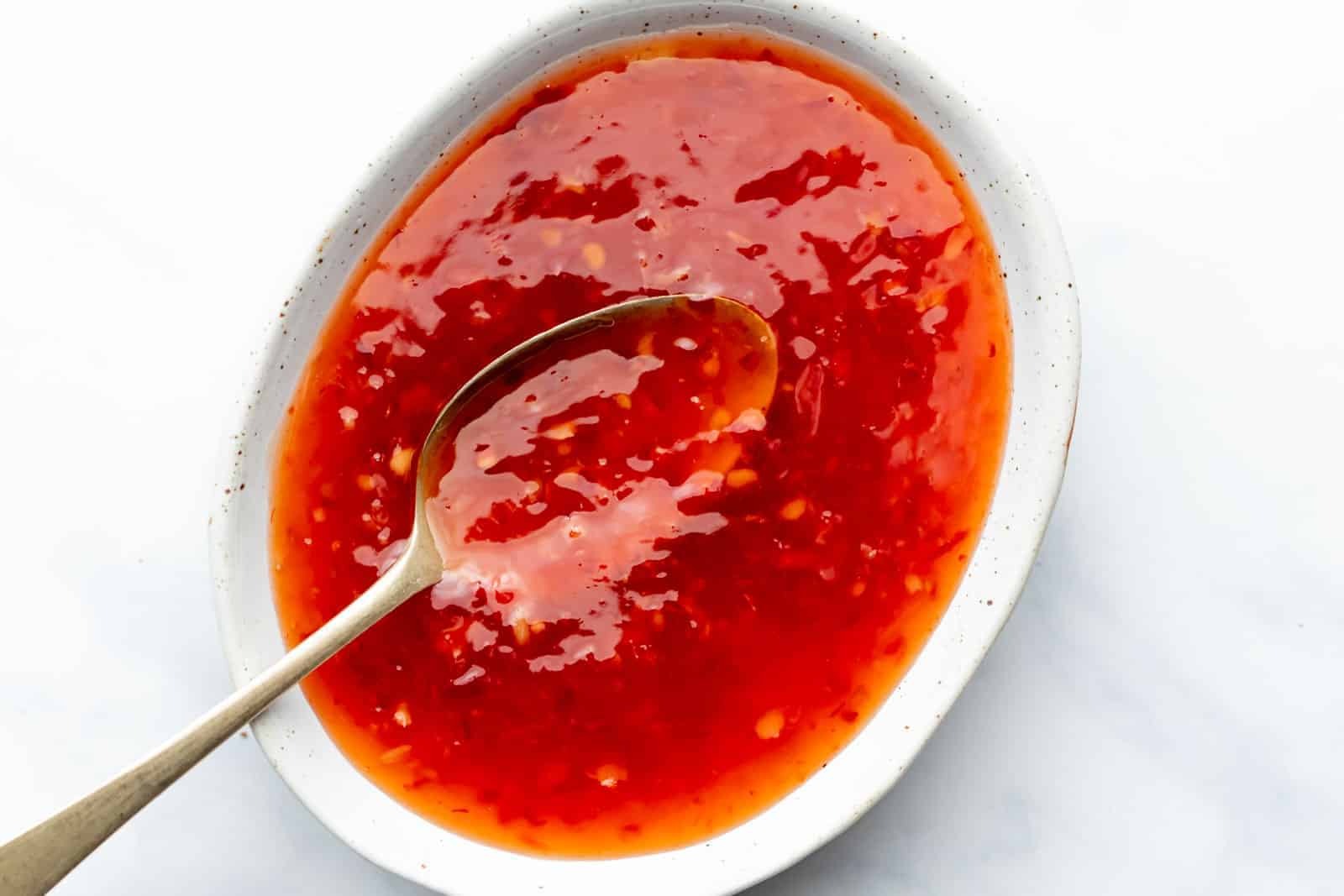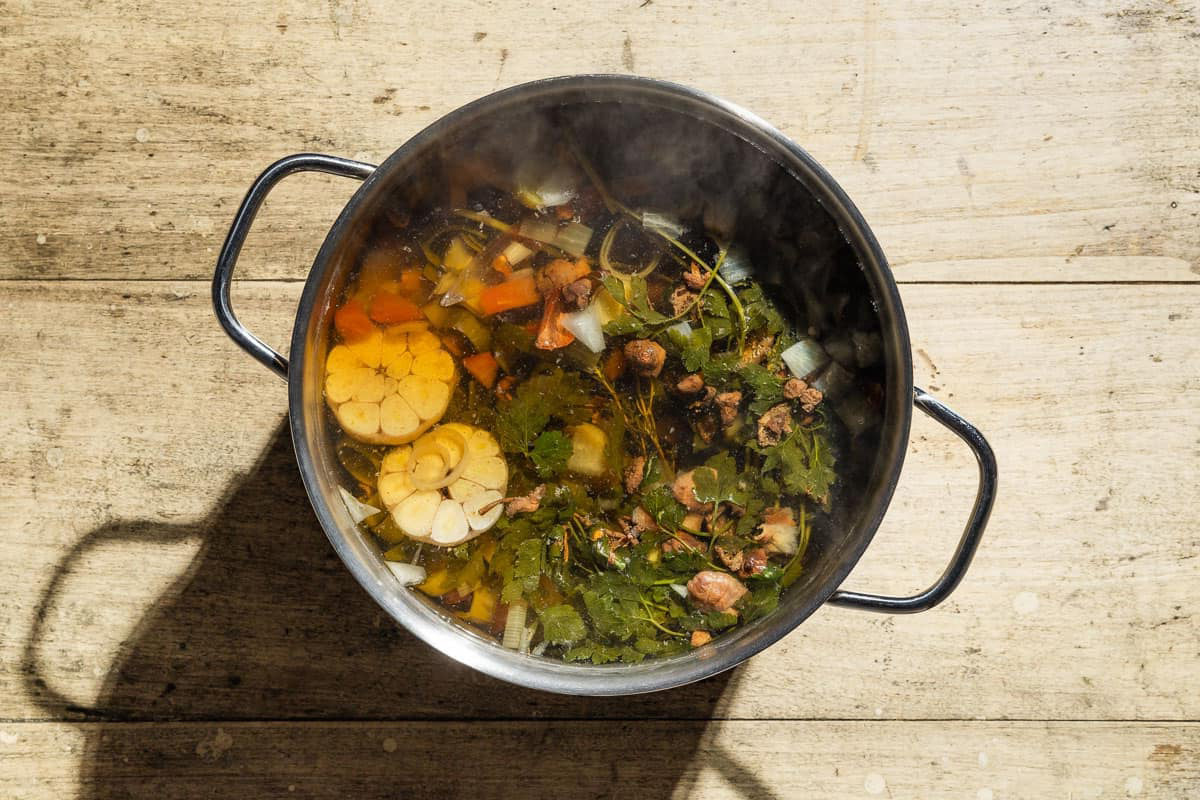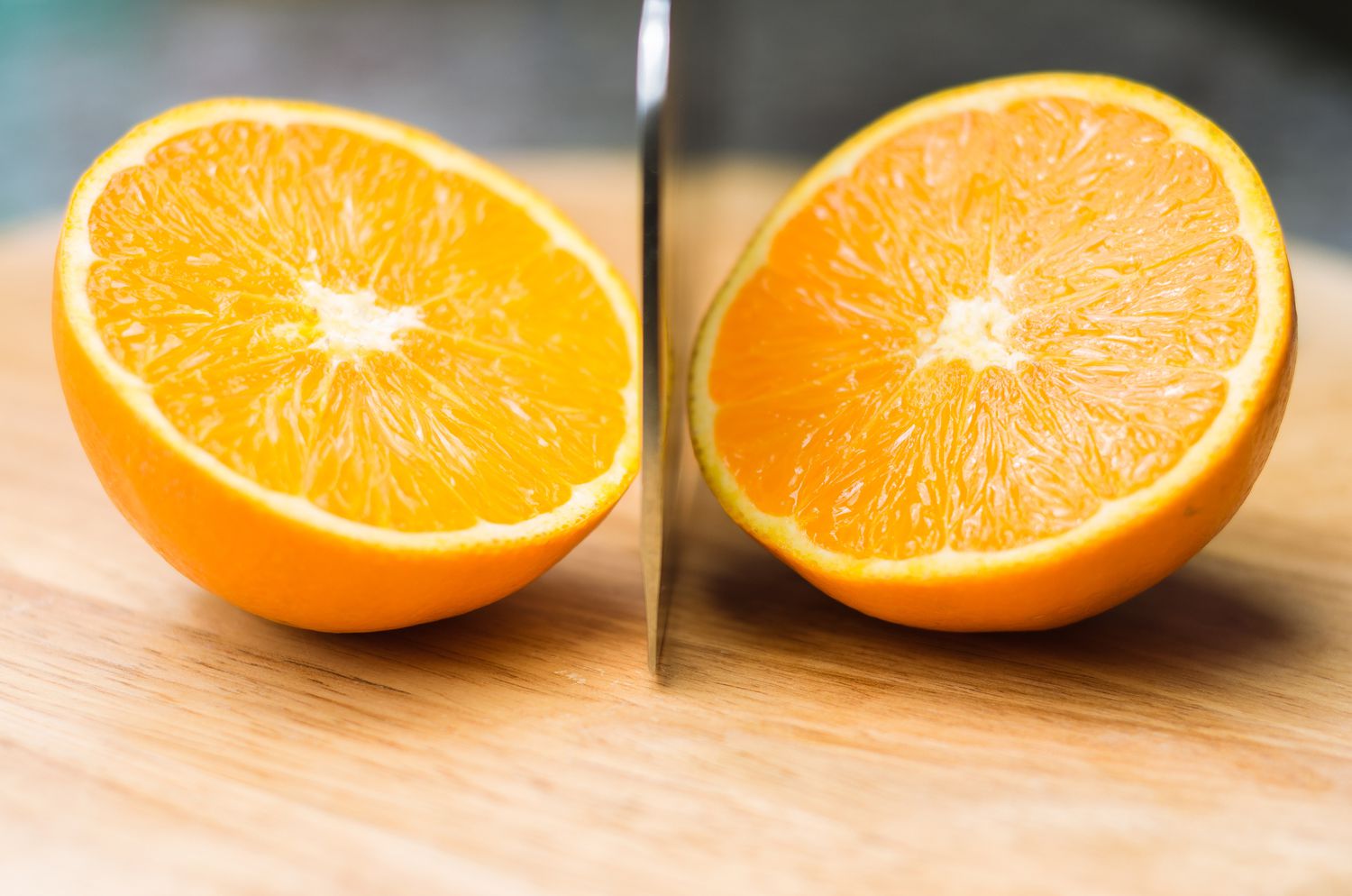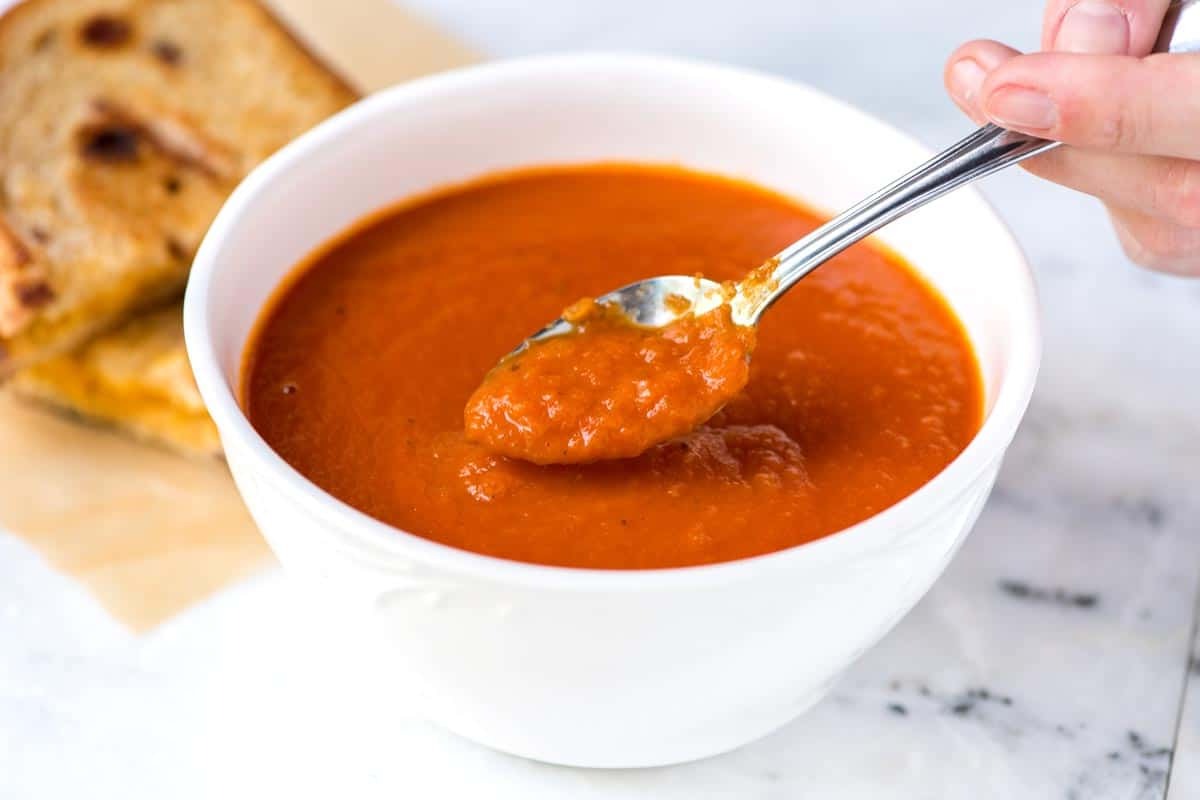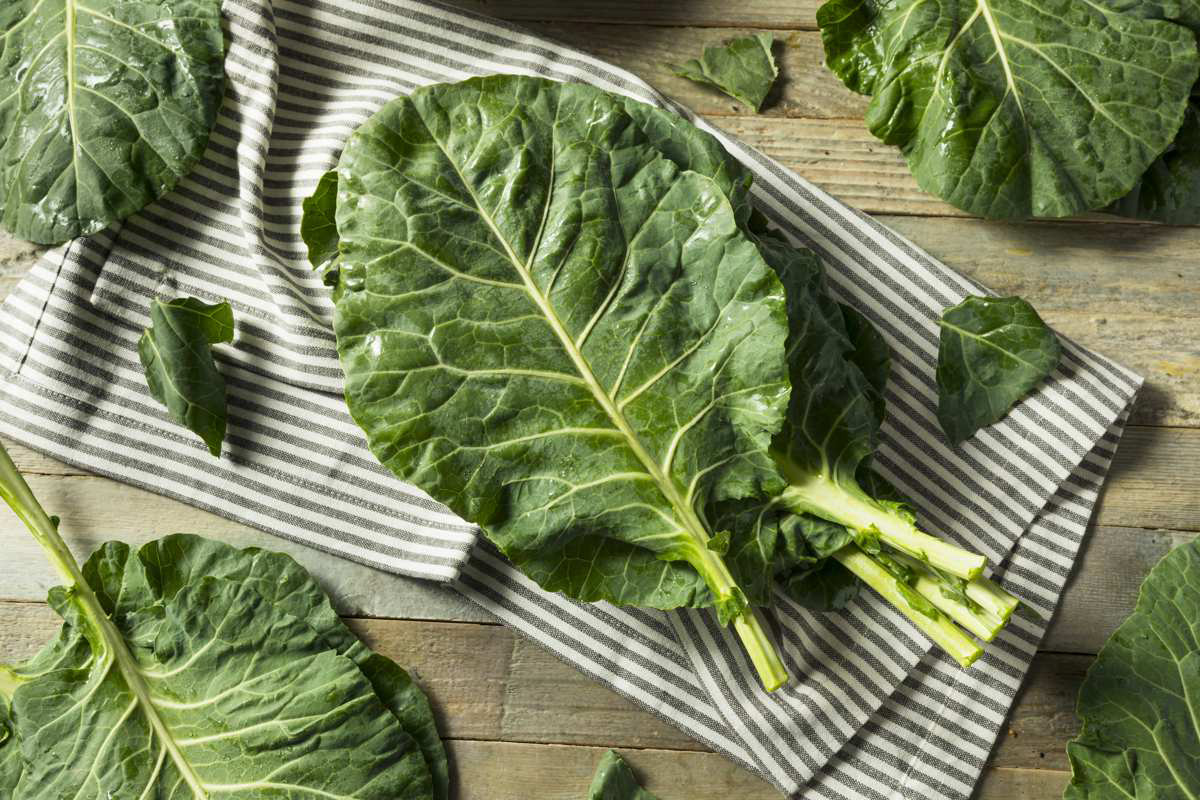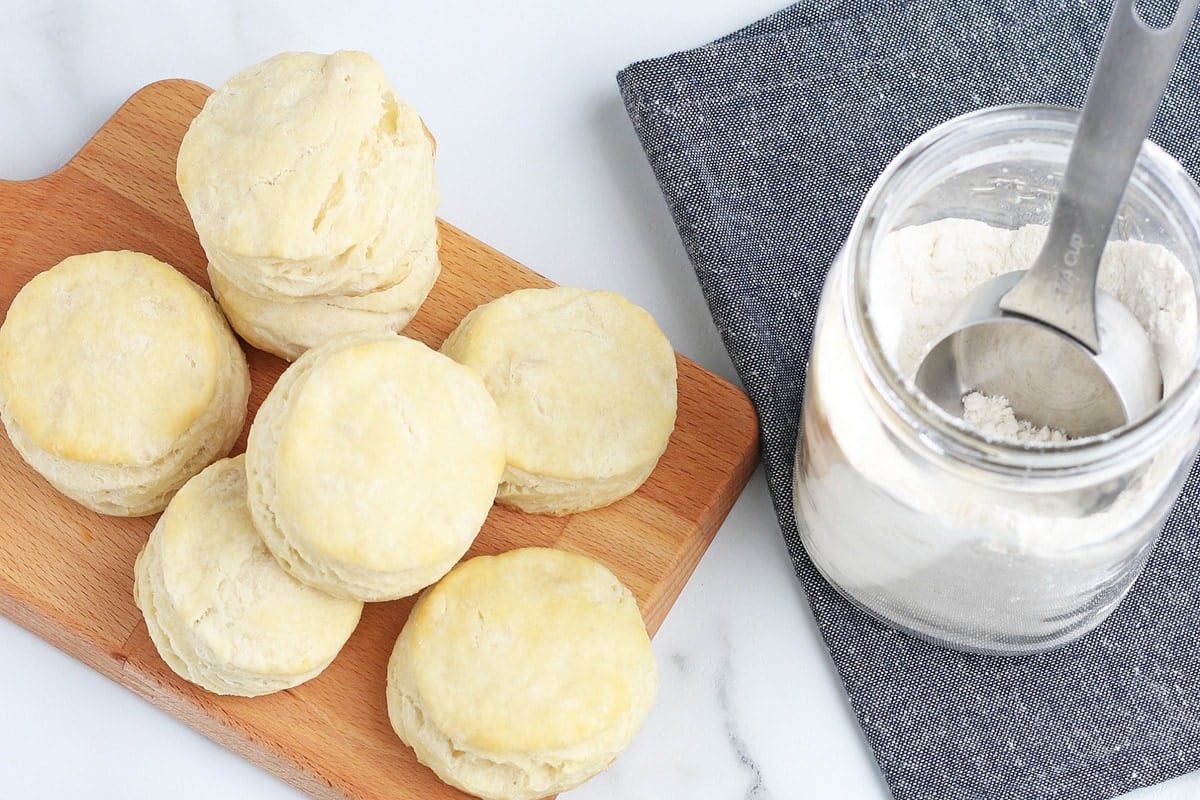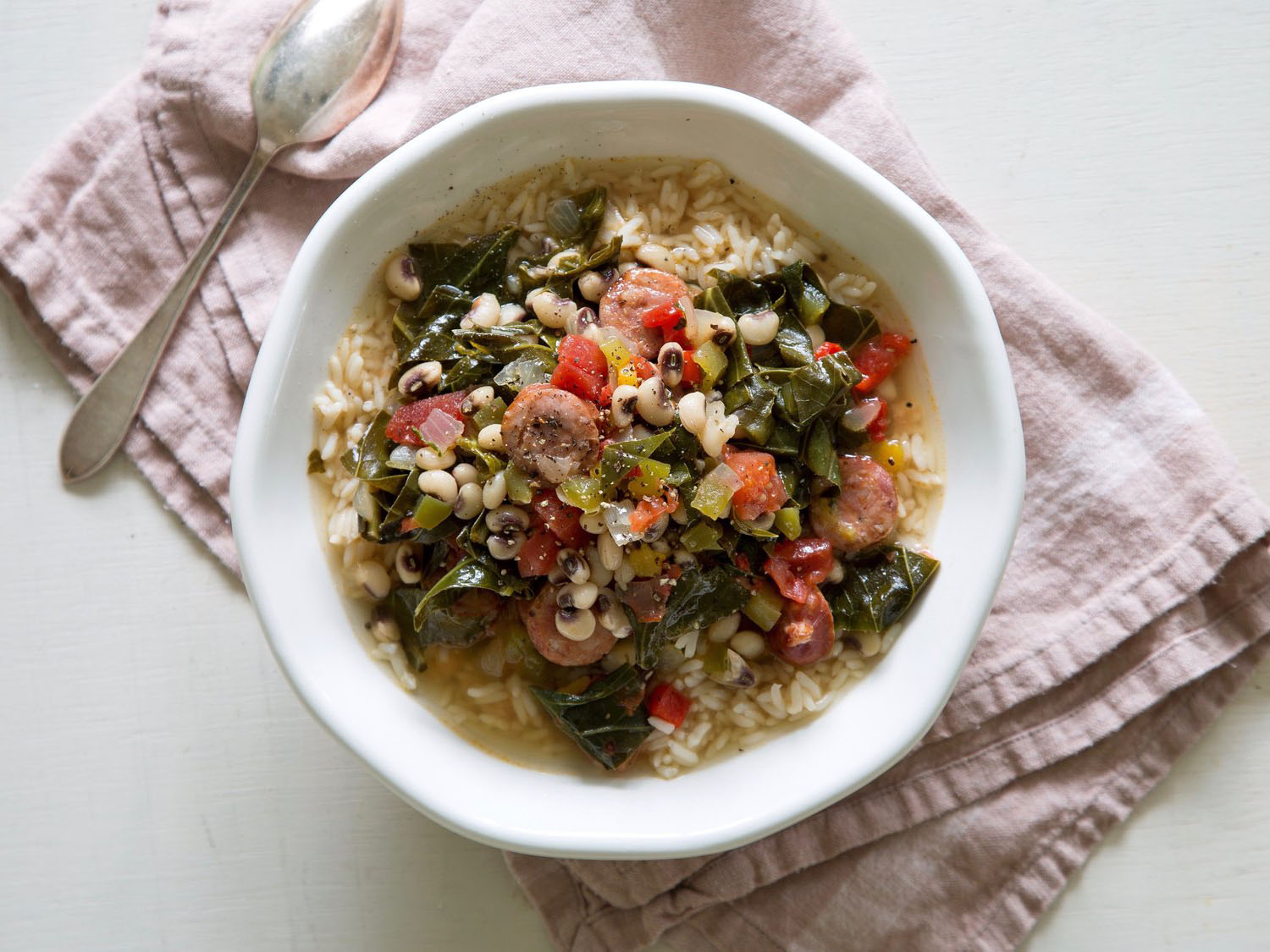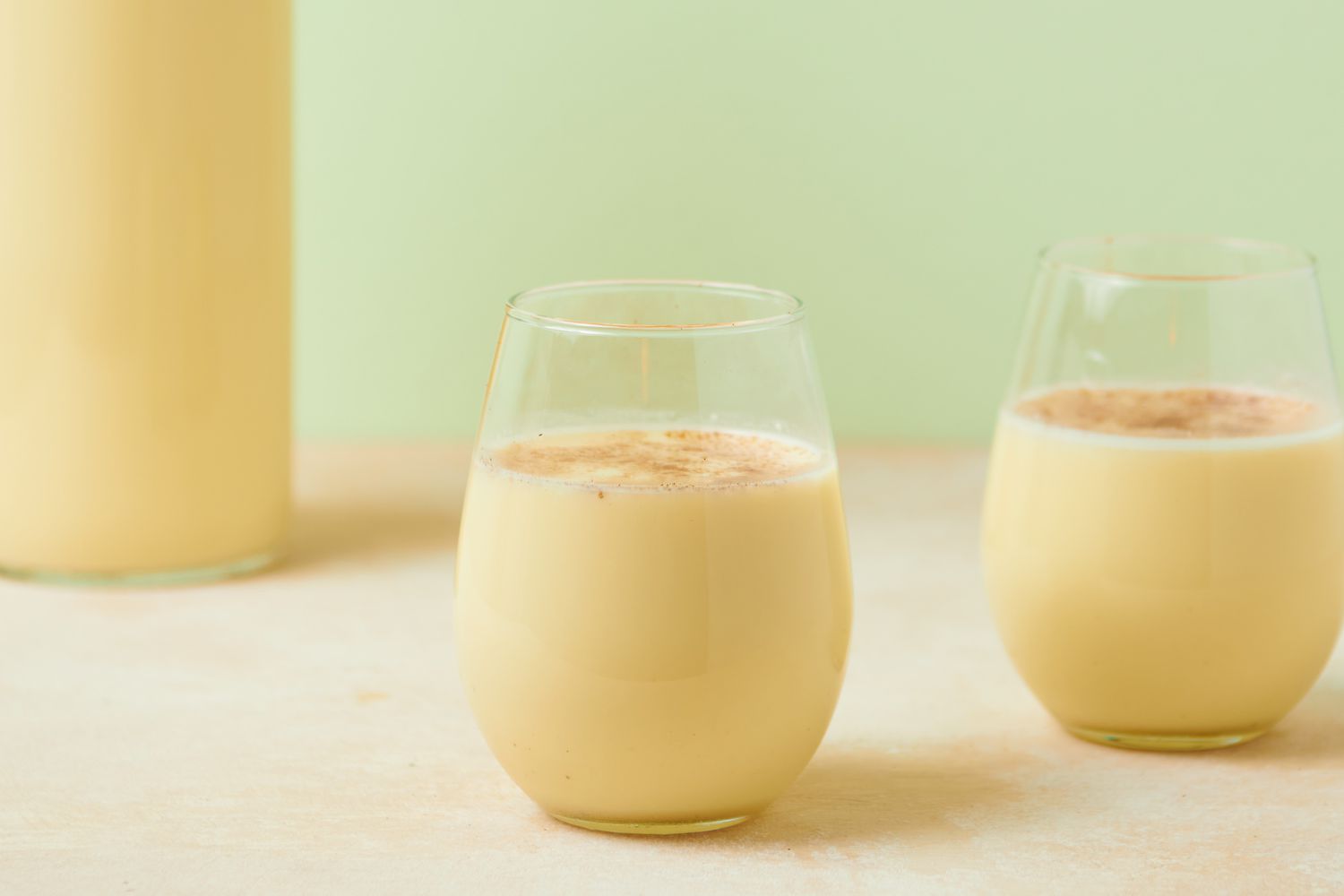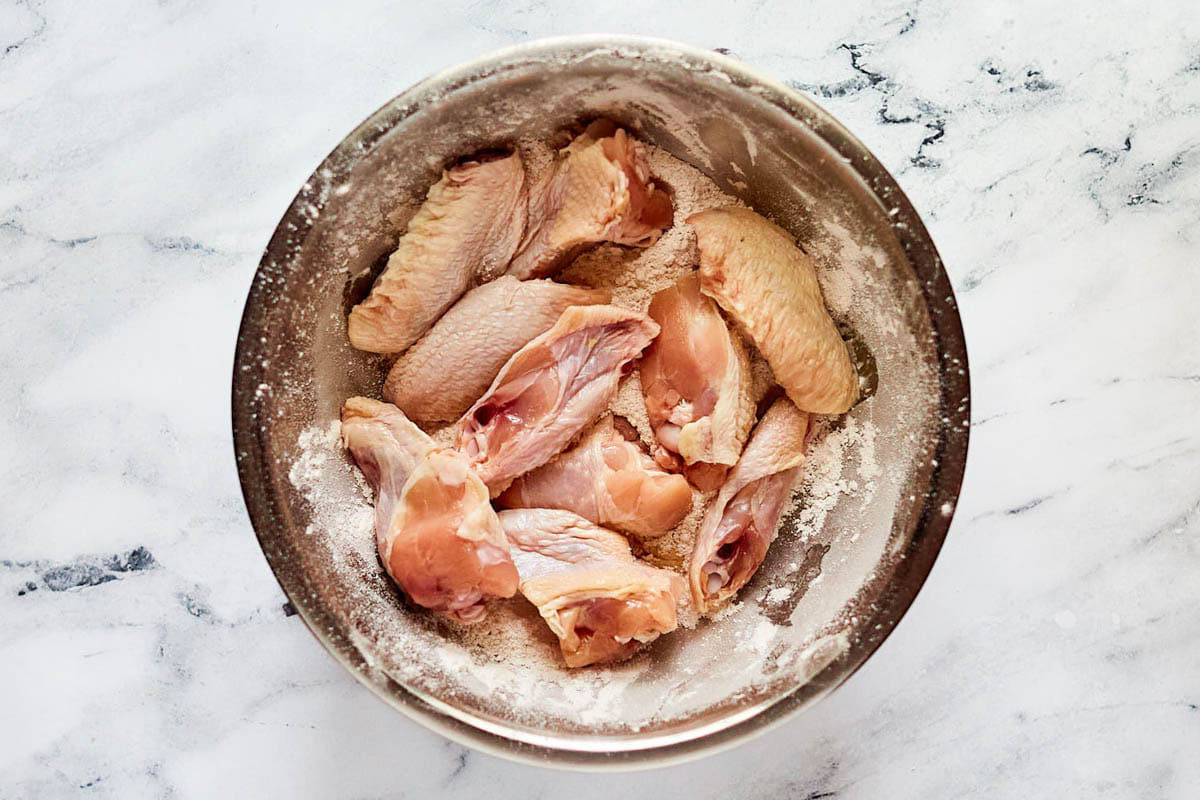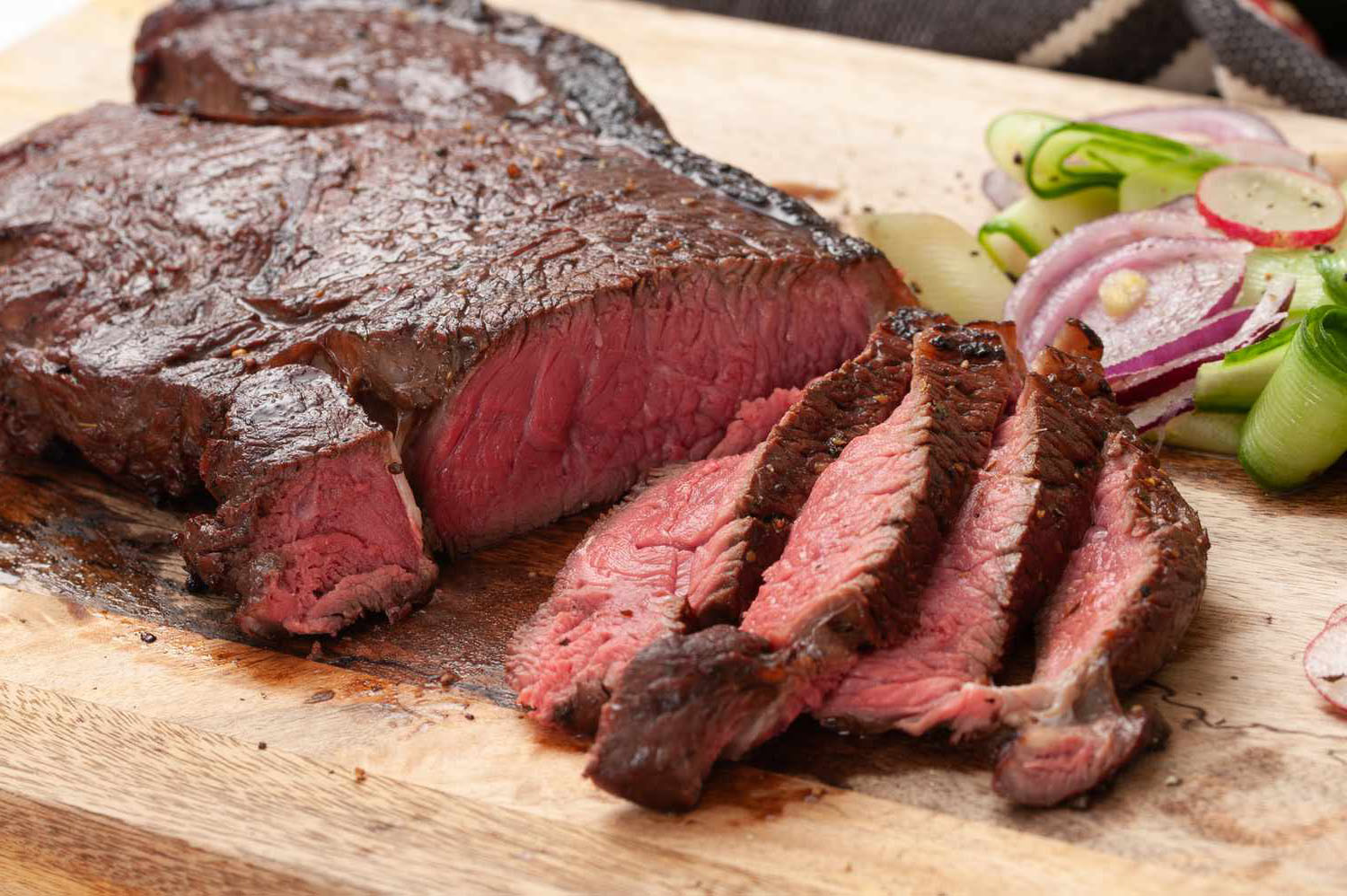Unsalted butter is a versatile ingredient that is used in a wide variety of culinary applications. Its rich, creamy flavor and smooth texture make it a staple in many kitchens. Whether you're baking, cooking, or spreading it on toast, unsalted butter can enhance the flavor and texture of your favorite dishes. In this article, we'll explore the many uses of unsalted butter and how it can elevate your cooking and baking endeavors.
Baking
Unsalted butter is a key ingredient in baking, as it adds moisture, flavor, and richness to baked goods. Here are some common uses of unsalted butter in baking:
-
Cakes and Cookies: Unsalted butter is often creamed with sugar to create a light and fluffy texture in cakes and cookies. Its creamy consistency helps to create a tender crumb and rich flavor in these sweet treats.
-
Pie Crusts: Unsalted butter is also used to make flaky and delicious pie crusts. When combined with flour and a bit of water, unsalted butter creates a buttery, melt-in-your-mouth crust that complements sweet or savory fillings.
-
Pastry: From croissants to puff pastry, unsalted butter is essential for creating layers of flakiness in delicate pastries. Its high fat content helps create the desirable texture and flavor in these baked goods.
Cooking
In addition to baking, unsalted butter is a valuable ingredient in savory cooking. Its rich flavor and creamy texture can enhance a wide range of dishes. Here are some ways unsalted butter is used in cooking:
-
Sautéing and Pan-Frying: Unsalted butter adds a delicious flavor to sautéed vegetables, meats, and seafood. Its high smoke point makes it suitable for cooking at higher temperatures, and it can add a rich, buttery finish to your dishes.
-
Finishing Sauces: A pat of unsalted butter can be added to pan sauces to create a velvety finish and enhance the flavor of the sauce. This technique, known as "mounting with butter," adds richness and depth to the sauce.
-
Basting: When roasting meats or poultry, basting with unsalted butter can help keep the meat moist and add a rich, golden crust to the exterior.
Spreading
Of course, unsalted butter is also delicious when simply spread on bread, toast, or muffins. Its creamy texture and rich flavor make it a perfect topping for a variety of baked goods. Whether enjoyed on its own or paired with jam or honey, unsalted butter adds a delightful richness to any bread-based snack.
In conclusion, unsalted butter is a versatile ingredient that can be used in a wide range of culinary applications. From baking to cooking to spreading, its rich flavor and creamy texture can enhance the taste and texture of your favorite dishes. Whether you're making a batch of chocolate chip cookies, sautéing vegetables, or simply enjoying a slice of toast, unsalted butter is a valuable and delicious addition to any kitchen.
Was this page helpful?
Read Next: What Is In Taco Bell’s Meat?
